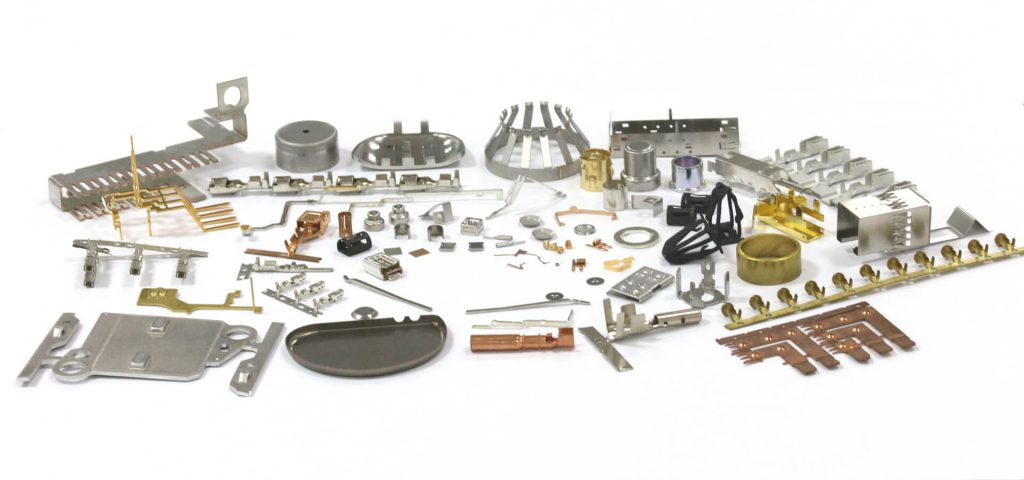Precision Metal Stamping: The “Hero Behind” High Precision in Modern Manufacturing
If manufacturing is a precision machine, then precision metal stamping is undoubtedly the core gear that runs at high speed. This technology, leveraging the highly coordinated synergy between molds and stamping equipment, transforms sheet metal into dimensionally precise, complex components. It is widely used in key sectors such as electronics, automotive, and healthcare. While not often seen by consumers, it forms the foundation for numerous high-tech products.
The Core Value of Precision Metal Stamping
Unlike traditional cutting or casting processes, precision metal stamping, with its unique technological advantages, is the preferred choice for high-volume, high-consistency production scenarios:
- Micron-level Accuracy
Leveraging advanced mold design and manufacturing technologies (such as CAD/CAM systems) and high-precision stamping equipment, part tolerances can be controlled to within ±0.01mm, making it particularly suitable for dimensionally sensitive micro electronic components and precision connectors.
- High Efficiency and Scalability
Modern stamping lines integrate automated feeding, high-speed stamping, and real-time quality inspection to consistently produce hundreds of parts per minute, ensuring cost control while ensuring production capacity. This makes them particularly well-suited for large-scale orders in industries such as automotive and consumer electronics.
- Strong Material Adaptability and Process Scalability
Whether it’s tough phosphor bronze, corrosion-resistant stainless steel, or even specialized alloys, stamping can handle these materials. Post-processing, such as electroplating, anodizing, and painting, can also be combined to enhance the workpiece’s environmental adaptability and aesthetics.
Key Application Scenarios: Invisible, Yet Ubiquitous
From everyday smartphones to safety-critical automotive systems, stamped parts are found almost everywhere:
- Consumer Electronics
SIM card trays, metal midframes, and Type-C port housings in mobile phones; heat sinks and shielding covers inside computers. These components require not only precise dimensions but also excellent electromagnetic shielding and structural strength.
- Automotive Manufacturing
Connectors, sensor housings, and brake system components in new energy vehicle battery modules are directly impacting the safety, energy efficiency, and performance stability of the entire vehicle, requiring no margin for error in quality.
- Medical Devices
Precision structural components in surgical instruments and testing equipment, as well as implantable medical housings, place extremely high demands on material biocompatibility, surface cleanliness, and dust-free manufacturing processes.
Key Factors in Selecting a Professional Supplier
To ensure project success, choosing a precision metal stamping supplier with strong technical capabilities is crucial. You should focus on the following:
- Engineering and Tooling Capabilities
Does the supplier have independent mold design, development, and manufacturing capabilities? Excellent molds are the foundation of high-quality stamped parts.
- Quality Control System
Does the supplier have comprehensive quality inspection processes (such as SPC statistical process control) and international certifications (such as ISO 9001 and IATF 16949)? A combination of full and spot checks ensures zero-defect shipments.
- Material Knowledge and Experience
Is the supplier familiar with the properties of various metal materials and can provide material selection recommendations? This extensive experience helps optimize designs and reduce costs.
- Comprehensive Service Capabilities
Can the supplier provide a one-stop solution from design support and prototyping to mass production? Efficient communication and flexible service ensure smooth project progress.
Conclusion
While a traditional craft, precision metal stamping continues to drive innovation in the technology industry. It integrates mechanical engineering, materials science, and intelligent production systems, becoming an essential foundation for high-end manufacturing. For businesses, choosing the right technology partner means securing the highest standards in quality, cost, and delivery time.
